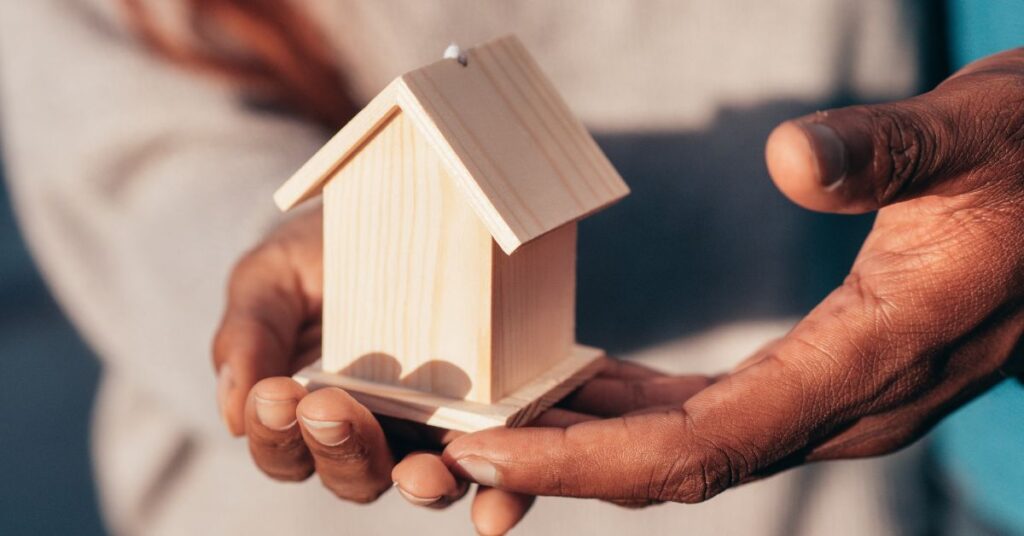Get Expert Financing
- Matched with investor-friendly lenders
- Fast pre-approvals-no W2s required
- Financing options fro rentals, BRRRR, STRs
- Scale your portfolio with confidence
HGTV has made house flipping look easy, and in some neighborhoods, it seems like there’s a house on every block that’s being flipped. For purposes of this article, let’s define a flipped house as one that the seller has owned for less than one year – basically, they bought it with the intention of upgrading it and selling it at a profit. For buyers, a flipped house can be attractive because the work has already been done for you. However, because house flippers don’t plan to live in the house themselves, they don’t always do the work the way you’d want them to. Here are some things you need to keep in mind if you’re thinking about buying a flipped house:
Does your real estate agent know the person or company that owns the house? Ask the flipper for referrals. His or her willingness to share their history can be an indication of the quality of their work. And obviously, it’s a good sign if previous buyers of the flipper’s work are still happy in their homes. Be sure to ask about subcontractors and architects so you can research their reputations as well.
Check for things like light plates that aren’t straight or flush, crown molding that doesn’t meet perfectly at the corners, gaps between counter tops and walls, gaps in tiles, leaks in tiled shower floors, drains that backup, doors, cabinets, and drawers that don’t open or close properly, and unfilled nail holes.
This can be done before or after you make an offer. Try to find a well-respected inspector who has experience looking over flipped homes. As with any inspection, he or she should be very thorough, but should also pay particular attention to the possible presence of mold, the furnace and HVAC system, the insulation, the windows, the roof, the presence of any pests, and the exterior.
If appliances aren’t installed and included with the home, be sure to check the measurements to make sure standard-size appliances will fit, since custom or specialty appliances will be more expensive.
Not only will this save you possible headaches in the future, but it’s also a good test of the flipper’s professionalism. If he or she didn’t satisfy legal building requirements, they might have done shoddy work inside the house as well.
The flipper may have gotten a great price on the property because it’s not in an ideal location, such as next to a major source of noise. Before you make an offer, check out the area and talk to the neighbors to make sure there isn’t an issue you’re not seeing.
Our advice is based on experience in the mortgage industry and we are dedicated to helping you achieve your goal of owning a home. We may receive compensation from partner banks when you view mortgage rates listed on our website.

